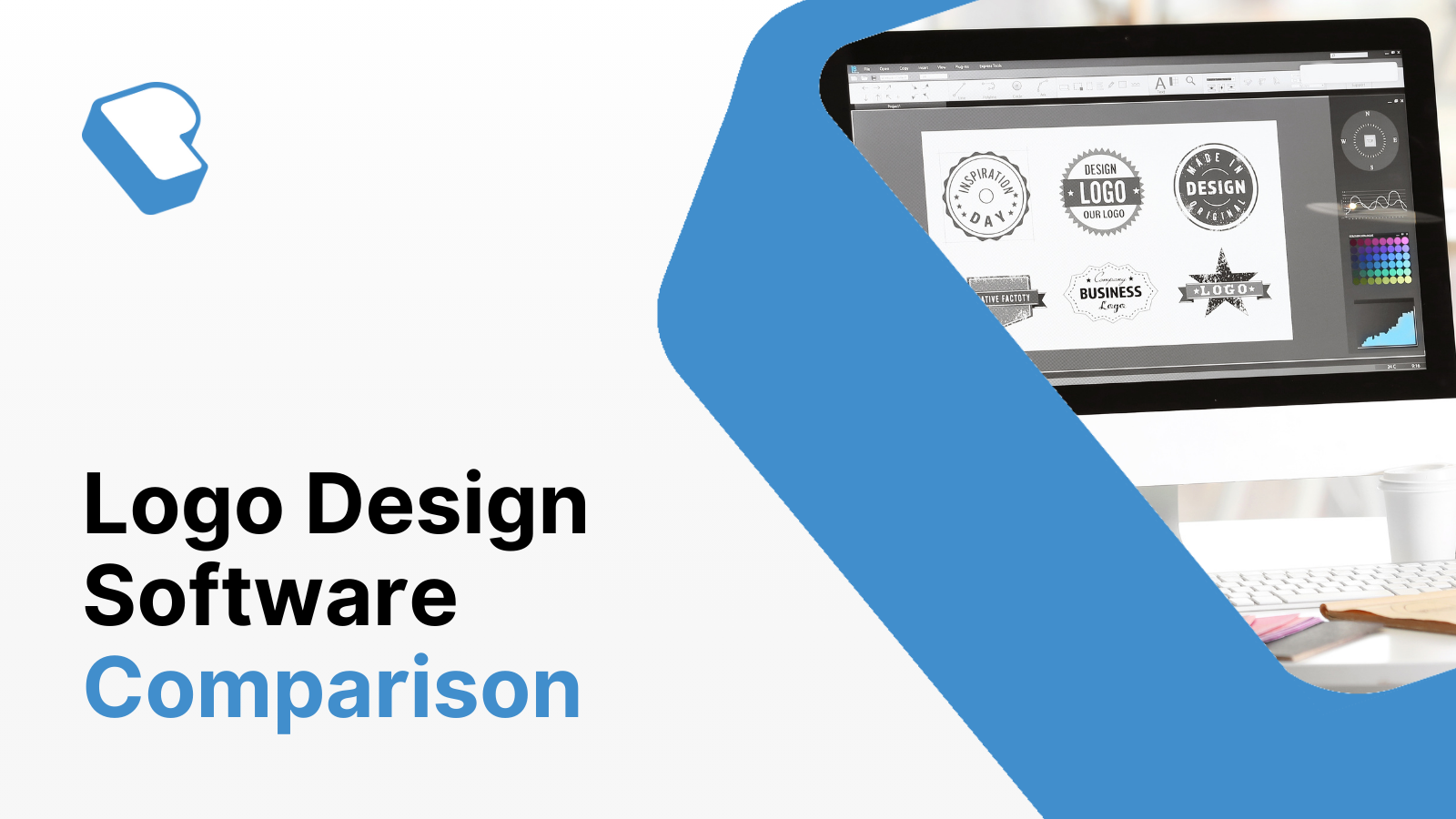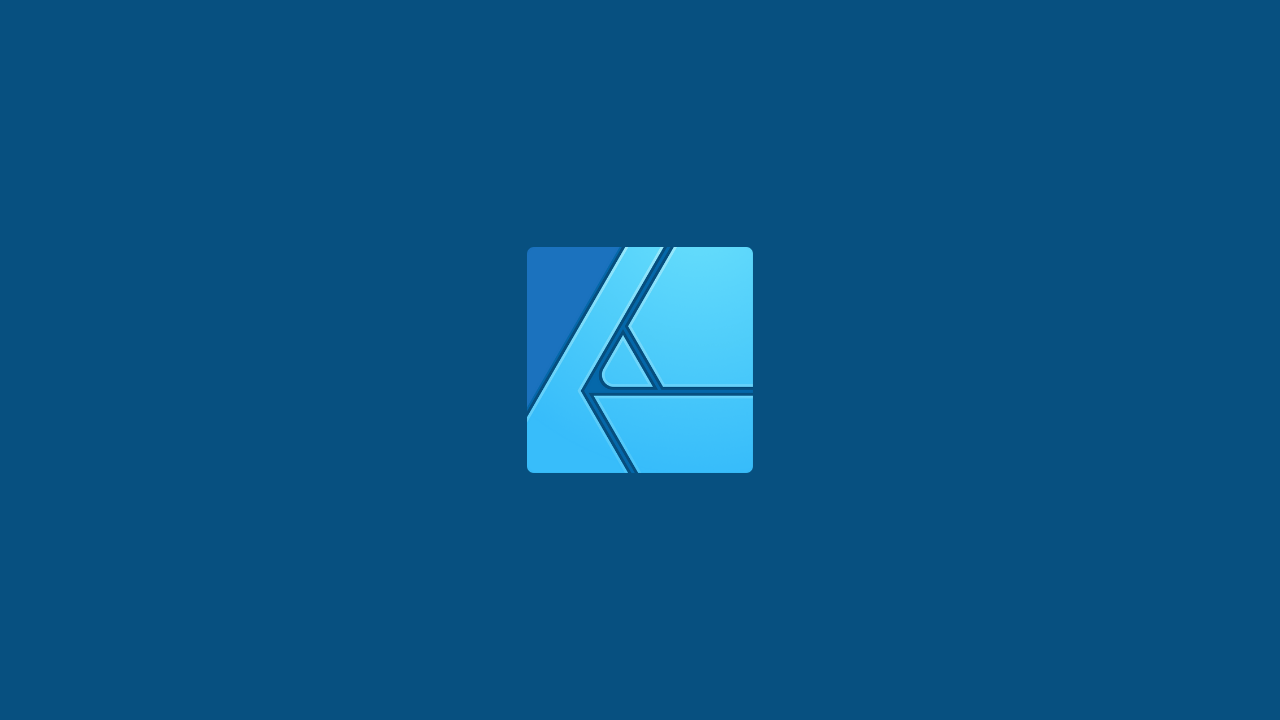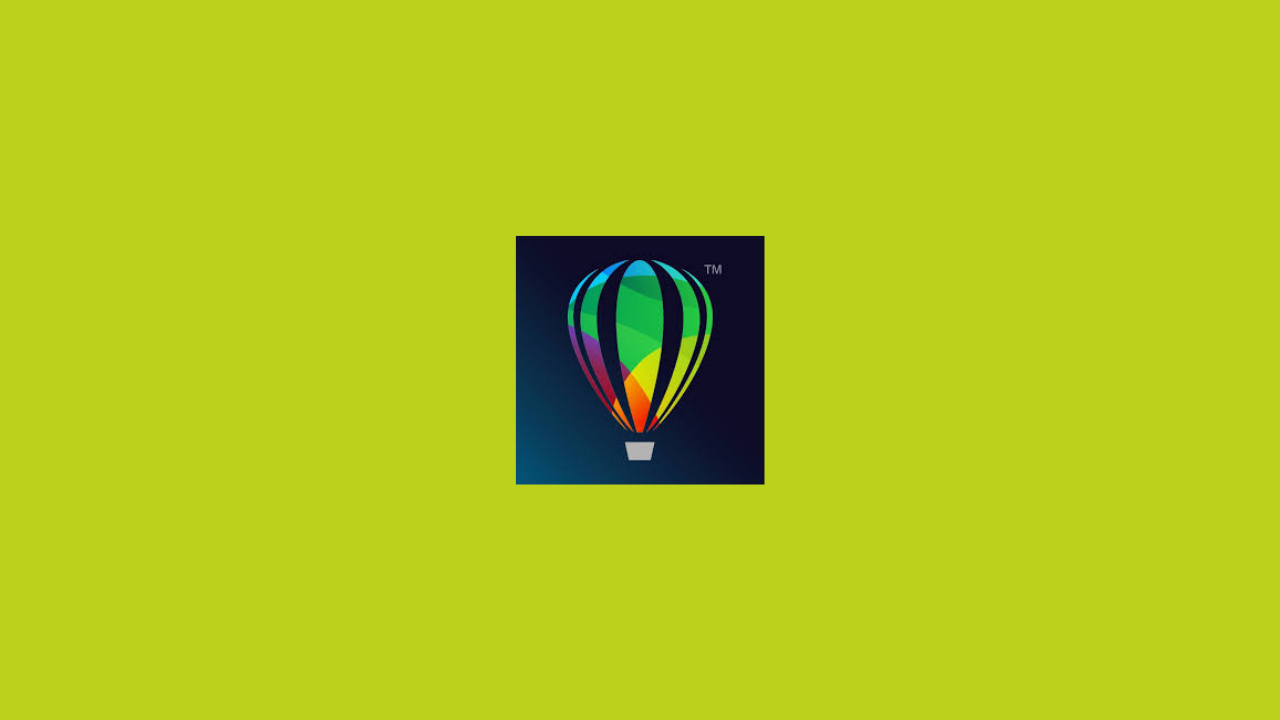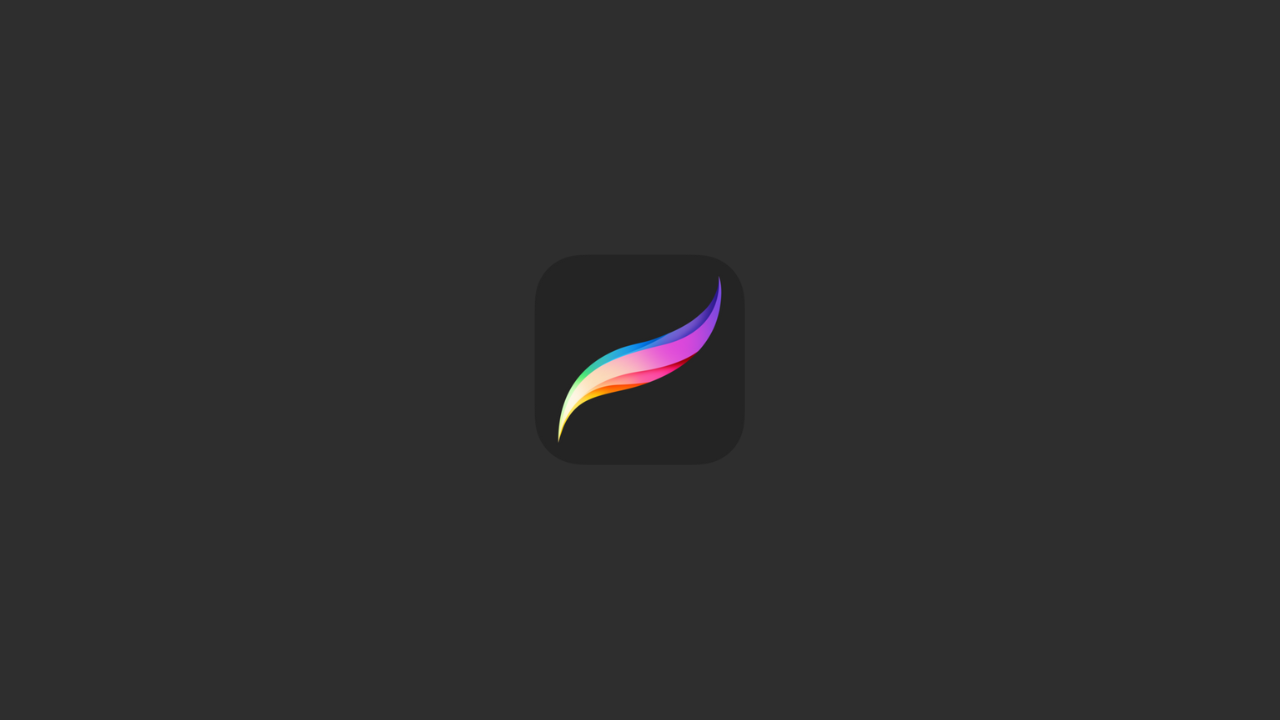2024 Logo Design Software Comparison: Which Tool is Right for You?

Choosing the right logo design software can feel like picking a favorite color in a paint store—every option has its appeal! Whether you're an experienced designer or a creative newcomer, finding the tool that fits your needs, budget, and workflow can make all the difference. With the logo design world evolving rapidly and fresh options emerging each year, it’s easy to feel overwhelmed by the choices. But don’t worry—we’re here to break it all down and help you select the perfect software for your projects in 2024.
In this post, we'll explore the top software options available this year, taking a close look at their features, user-friendliness, pricing, and how they align with the latest design trends. Ready to find your perfect match? Let’s dive in!
1. Adobe Illustrator: The Industry Standard

Adobe Illustrator has held its position as the go-to tool for logo designers for decades—and for good reason. Known for its vector graphics capabilities, Adobe Illustrator remains unrivaled in terms of precision, versatility, and professional quality.
Key Features
- Vector-based Design: Allows designers to create infinitely scalable logos without loss of quality.
- Advanced Tools: Offers powerful tools like the Pen Tool, Shape Builder, and Pathfinder, enabling complex shapes and intricate details.
- Seamless Integration: Part of the Adobe Creative Cloud suite, making it easy to integrate with Photoshop, InDesign, and other Adobe software.
Pros and Cons
- Pros: Industry-standard, extensive tools, high level of customization, excellent support and tutorials.
- Cons: Expensive subscription-based model, may have a steeper learning curve for beginners.
Fun Fact: Adobe Illustrator launched in 1987, making it one of the longest-standing graphic design tools. Over 60% of logo designers cite it as their primary software.
Pricing: $20.99/month for a single app subscription, or $54.99/month for Adobe Creative Cloud All Apps.
2. Affinity Designer: The Budget-Friendly Alternative

Affinity Designer offers high-quality vector design at an affordable one-time cost. Launched by Serif in 2014, this software quickly gained popularity as an Adobe Illustrator alternative.
Key Features
- Dual Environment: Lets you work in both vector and raster modes, ideal for logos needing added texture.
- Fast Performance: Known for speed, especially when working with heavy files.
- One-Time Purchase: No subscription required, a plus for budget-conscious designers.
Pros and Cons
- Pros: Affordable one-time payment, vector and raster modes, frequent updates, easy for beginners.
- Cons: Lacks some advanced tools found in Illustrator, limited integration with other software.
Fun Fact: Affinity Designer’s intuitive layout is popular among designers who report a productivity boost.
Pricing: One-time purchase of $69.99 for desktop; iPad version available for $21.99.
3. CorelDRAW: A Versatile Classic for Logo Design

CorelDRAW has been around since the late '80s and remains a versatile choice for designers working with both print and digital formats.
Key Features
- Powerful Vector Tools: Excellent tools for manipulating shapes and creating precise designs.
- Multiple Page and Layout Options: Great for designing entire brand identities, as it supports multi-page layouts.
- CorelDRAW.app: A web-based version lets you work from any internet-connected device.
Pros and Cons
- Pros: Ideal for complex projects, extensive layout features, wide compatibility.
- Cons: Pricier than Affinity Designer, interface can feel outdated, less intuitive for new users.
Interesting Fact: CorelDRAW was one of the first to introduce graphic design tools on Windows, giving it an early lead in the ’90s.
Pricing: Subscription-based at $22.08/month or a one-time purchase of $499.
4. Canva: The Accessible Choice for Beginners

Canva is perfect for beginners or those needing to create a logo quickly without deep vector skills. Originally designed for social media graphics, Canva has expanded to include logo templates and basic branding tools.
Key Features
- Drag-and-Drop Interface: Highly intuitive, no design experience required.
- Templates and Assets: Thousands of logo templates and an extensive library of icons, shapes, and fonts.
- Team Collaboration: Enables designers to share files and work collaboratively with clients.
Pros and Cons
- Pros: User-friendly, affordable, ideal for non-designers, collaborative features.
- Cons: Limited customization, no vector output, not suitable for complex designs.
Fun Fact: Canva boasts over 135 million active users, with over a billion designs created each year.
Pricing: Free version available; Canva Pro costs $12.99/month.
5. Procreate: For Illustrative Logo Design on the Go

Procreate is perfect for designers who prefer a more illustrative style or want to sketch logos by hand on the go. Although it’s raster-based, Procreate’s advanced tools are loved by illustrators.
Key Features
- Illustration-Focused Tools: High-quality brushes and texture tools for detailed drawings.
- Layered Workflow: Essential for creating complex compositions.
- iPad Compatibility: Designed for use with the Apple Pencil, offering a tactile experience.
Pros and Cons
- Pros: Ideal for hand-drawn logos, affordable one-time purchase, highly portable, intuitive touch interface.
- Cons: Raster-based, limited export options, iPad-only.
Fun Fact: Procreate has consistently topped Apple's list of popular paid iPad apps, thanks to its blend of traditional and digital drawing tools.
Pricing: One-time purchase of $9.99.
Which Logo Design Software Should You Choose?
The best software for you will depend on your design needs, budget, and workflow preferences. Here’s a quick recap:
- Adobe Illustrator: Best for professionals needing powerful, industry-standard tools.
- Affinity Designer: Ideal for budget-conscious designers needing professional features.
- CorelDRAW: Suits designers working on complex layouts needing advanced vector tools.
- Canva: Perfect for beginners and DIY designers looking for a quick solution.
- Procreate: Best for illustrators who prefer hand-drawn, unique logo designs.